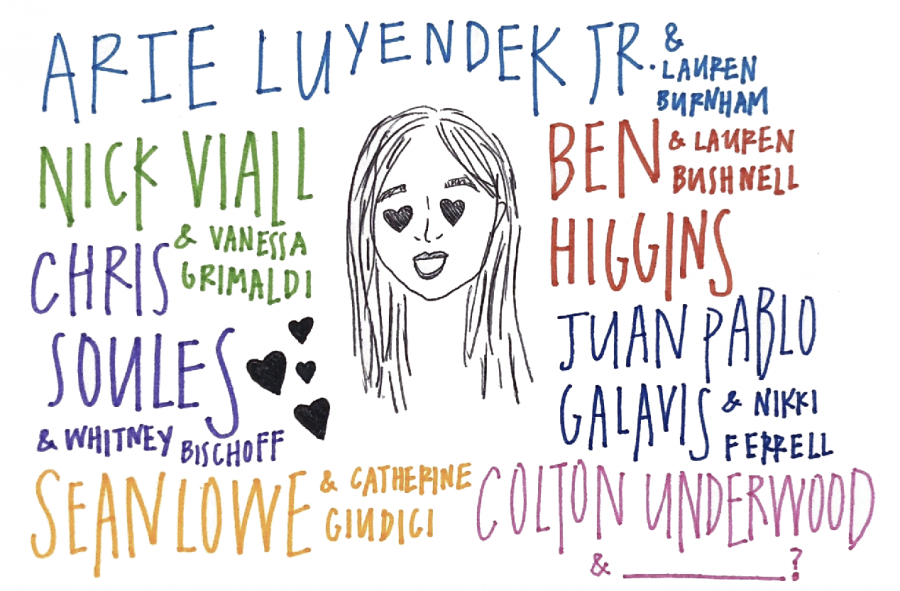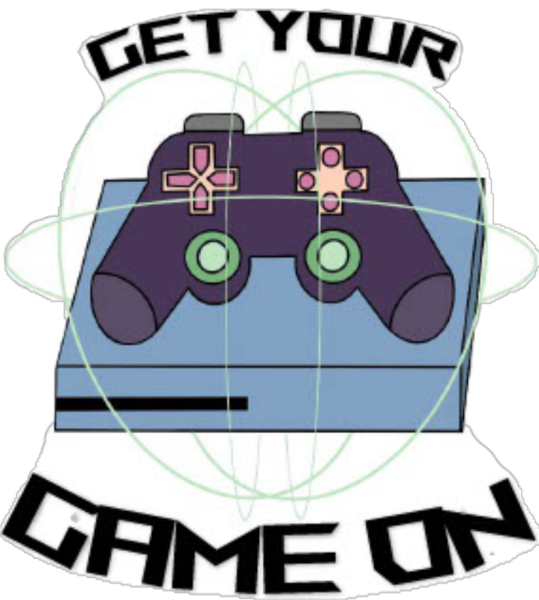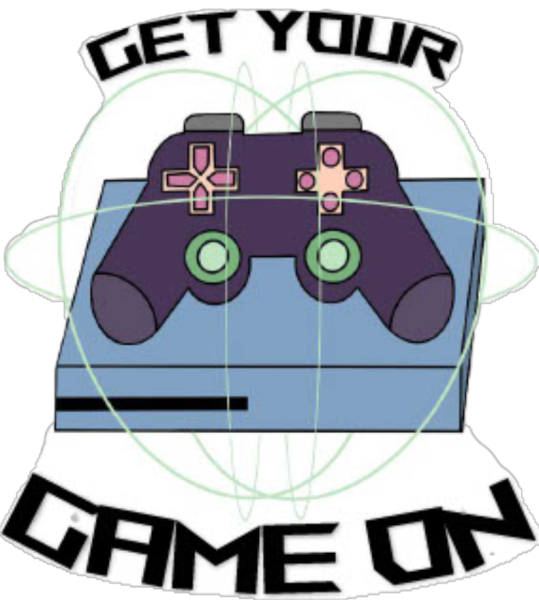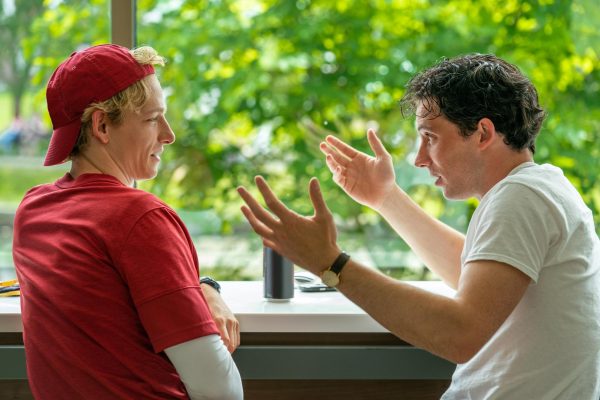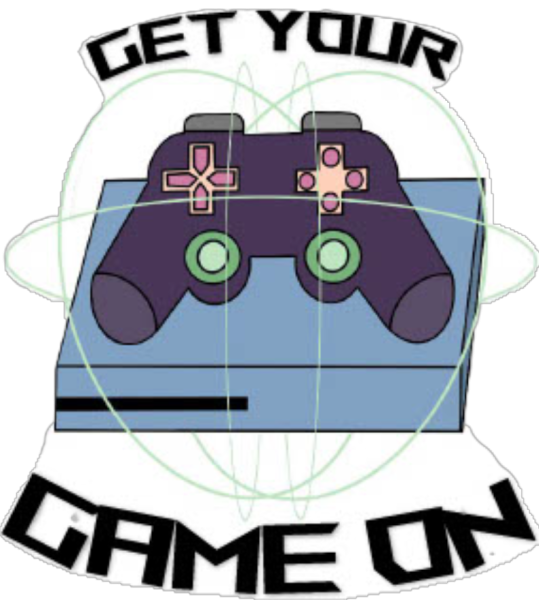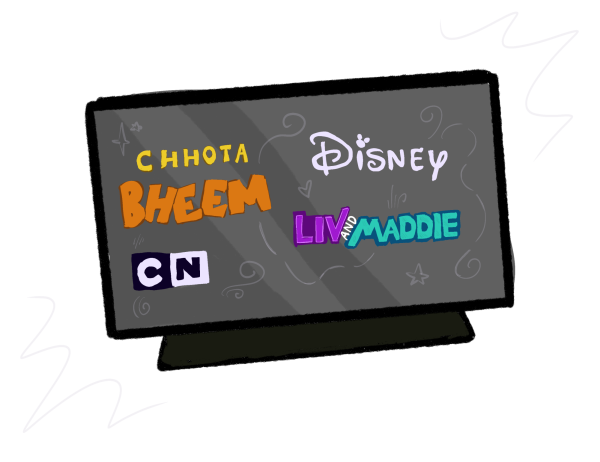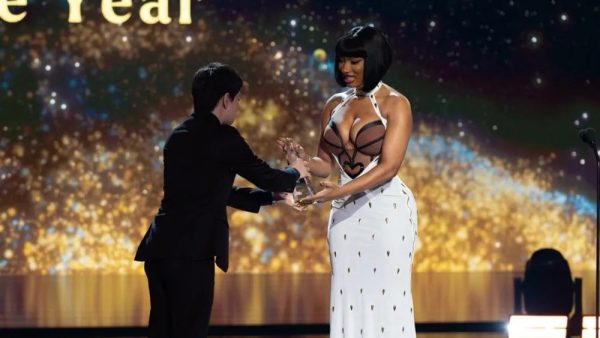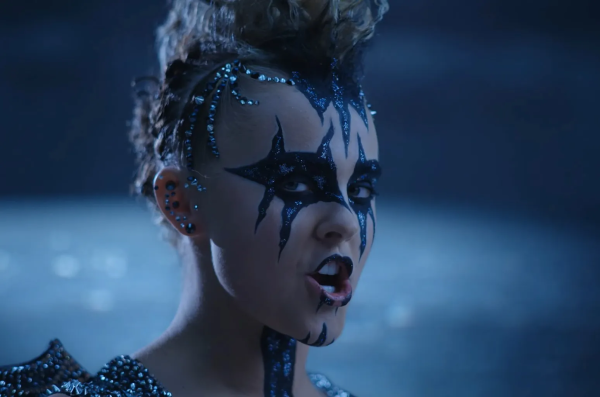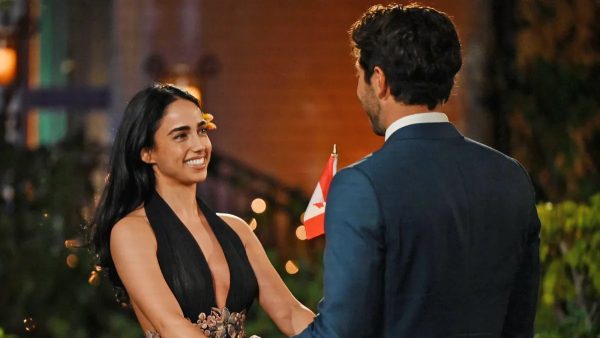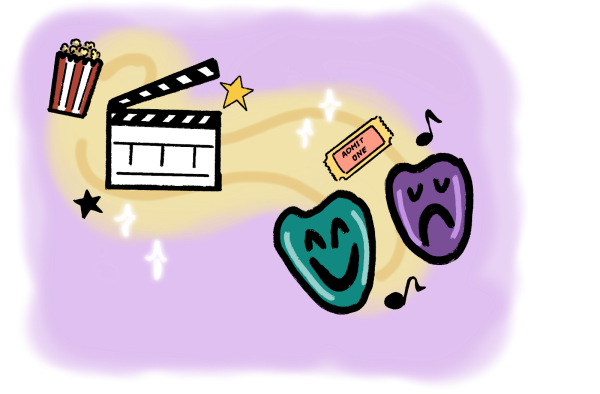Do it for the Culture: My on-again, off-again relationship with ‘The Bachelor’
Photo by Katie Fung
“The Bachelor” is by no means perfect, but it offers an escape from the frustration of love in real life.
I’m not supposed to like “The Bachelor.” Of that much, I’m aware.
I have the list of bullet points in my head, reasons to hate the show. But I guess they don’t call reality TV a guilty pleasure for nothing.
Because the thing is, I love “The Bachelor.” I love watching the limo entrances, gorgeous girl after girl entering the famed mansion in beautiful, expensive dresses, ready to meet the supposed guy of their dreams. I love the rose ceremonies and the drama-filled cocktail parties. The show is over-the-top bordering trashy, but it never quite crosses the line.
“The Bachelor” has a sort of comforting monotony to it; the dates, fights, and everything in between are varied enough to keep me interested but predictable enough to make watching an episode feel like coming home to an old friend or a faint memory.
Yet, I’m not supposed to like it. I know that. First off, “The Bachelor” is anti-feminist. At this point, this is barely an opinion and practically a fact.
The show operates under an antiquated definition of romance, one that believes true love can be found within ten weeks and five dates, and that marriage is the constant and looming endgame. Further inspection of the premise reveals the less than savory intentions of producers thirsting for drama: women pitted against each other to fight over one man, a setting where catfights and emotional outbursts that continue to stereotype women are encouraged. What ever happened to girl power and sticking it to the man?
Additionally, allegations of being whitewashed have haunted the show for years. There’s never been a non-white Bachelor, or, for that matter, a non-white winner. The only ethnic Bachelorette was season 13’s Rachel Lindsay, and even this revealed disturbing discrepancies. According to a Buzzfeed article, the show lost a million watchers in comparison to the previous season’s viewership.
Watching “The Bachelor” for many seasons has given me a sense of who will be a finalist and who won’t. I always pray for the Asian girls to make it; in them, I recognize fragments of myself.
If they’re lucky, they’ll make it to week four or five before being eliminated. If they’re not, I’ll watch them leave in tears on the night of the first cocktail party, one of many that don’t seem to stand out to anyone but me.
So how can I like a show that seems to stand against everything I stand for? As an Asian-American woman, it seems natural that I should detest all that “The Bachelor” represents.
But I can’t quite bring myself to hate the show I know I should on principle alone. My rationalization for this is nuanced at best.
See, I rarely see myself represented on the screen, and even less so in romance. I used to read romance novel after romance novel, each one about a beautiful girl who falls in love with a beautiful boy. The novels didn’t specify what race the girl or the boy were; often, they didn’t have to. It was implicitly understood that they were white.
The romance genre always has its largest demographic, middle-aged white women, in mind. After all, it wasn’t broke college students or senile senior citizens who made “Twilight” the best-selling book of 2008.
I’ve kind of internalized the idea that romance is not for people like me. And I don’t just mean racially — I mean it in every sense. I’m not the type of pretty that can turn heads when it walks into a room. I’m not a perfect conversationalist, and I certainly couldn’t win the first impression rose on “The Bachelor.” Honestly, I’m not sure I could win a rose at all.
But I can forget my own perceived flaws when I watch “The Bachelor,” because I can immerse myself in the experience. Rooting for my favorite contestant on the show is different from rooting for someone in a swimming race or on a football team, because rooting for someone on “The Bachelor” is like rooting for romance. It’s rooting for true love and fairytale endings. In some sort of backwards and twisted way, the commercialization and monetization of love in “The Bachelor” makes me feel less cynical, not more.
When I was younger, I would imagine myself as a contestant on “The Bachelor.” It wasn’t that I wanted to be involved in the drama and the pettiness. I just wanted a Prince Charming. I wanted my fairytale, my fantasy, my happy ending. I wanted someone to look at me in a crowd of people and think, there she is. That’s the one.
Deep down, I think I wish that love was as easy and reduced as it is on the show. You see someone, you hang out with them for a little bit, then true love appears and slaps you on the face. And you live happily ever after.
If only it was that simple.
“The Bachelor” is not perfect. It is whitewashed and anti-feminist and all the things that everyone who hates it says that it is. Even I can’t deny that.
But it gives me hope. When I watch the show, no matter how manufactured it seems, no matter how basic the girls are or how boring the Bachelor himself is, I find comfort in it. Even though the final couples rarely make it to marriage. Even though the Asian girls are always eliminated.
I suppose this is because in the end, like the other millions of viewers, I can sit there and imagine myself as that lucky girl, the one who gets the engagement ring. The one who wins, not just in the competition, but in love. In life.
“The Bachelor” and all of its faux glitz and glam is meant to be a carefully tailored fantasy. I never forget that. But sometimes, all you need is a fantasy, at least for a little while.



